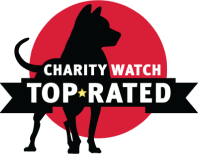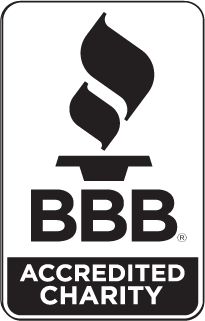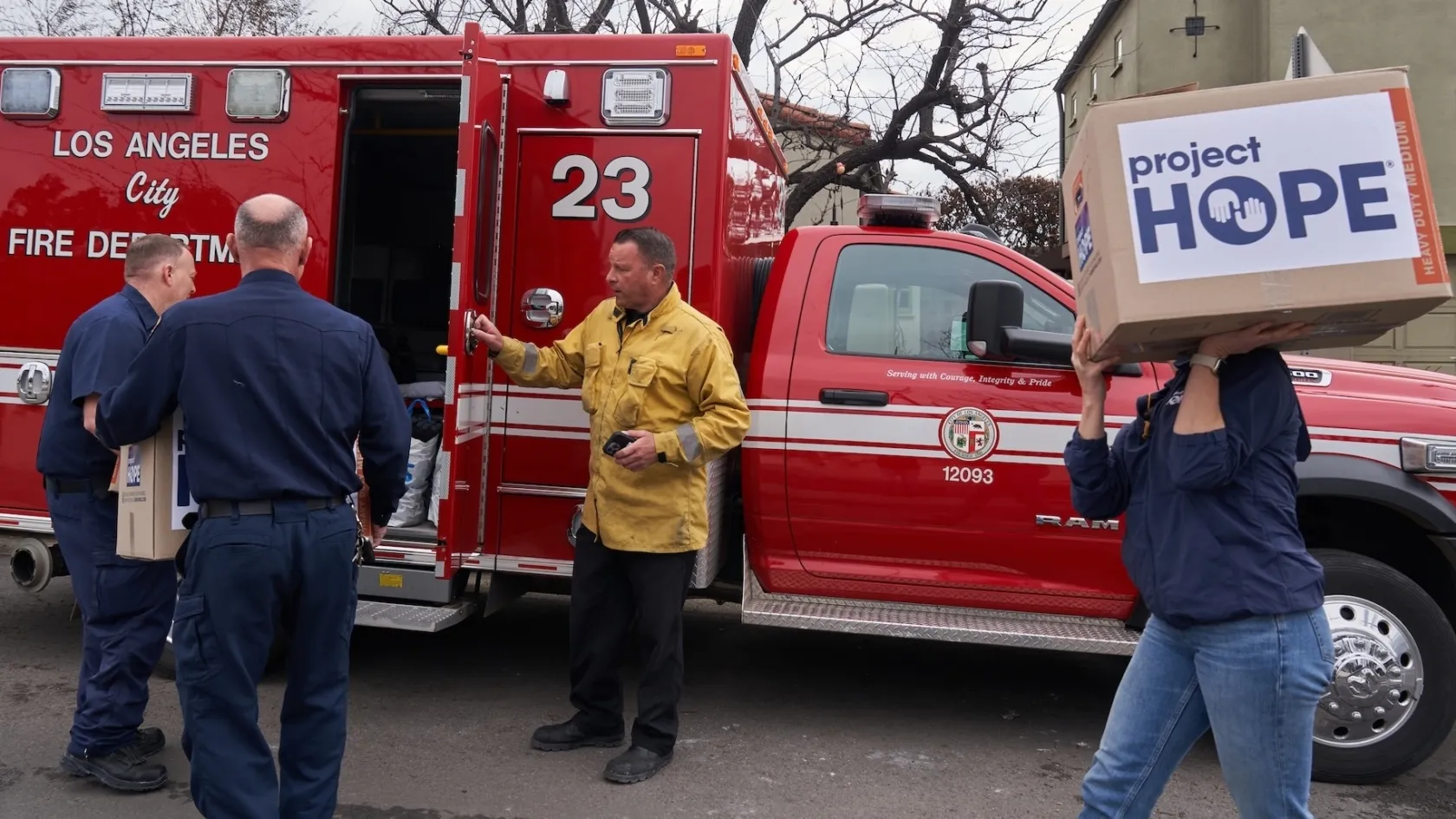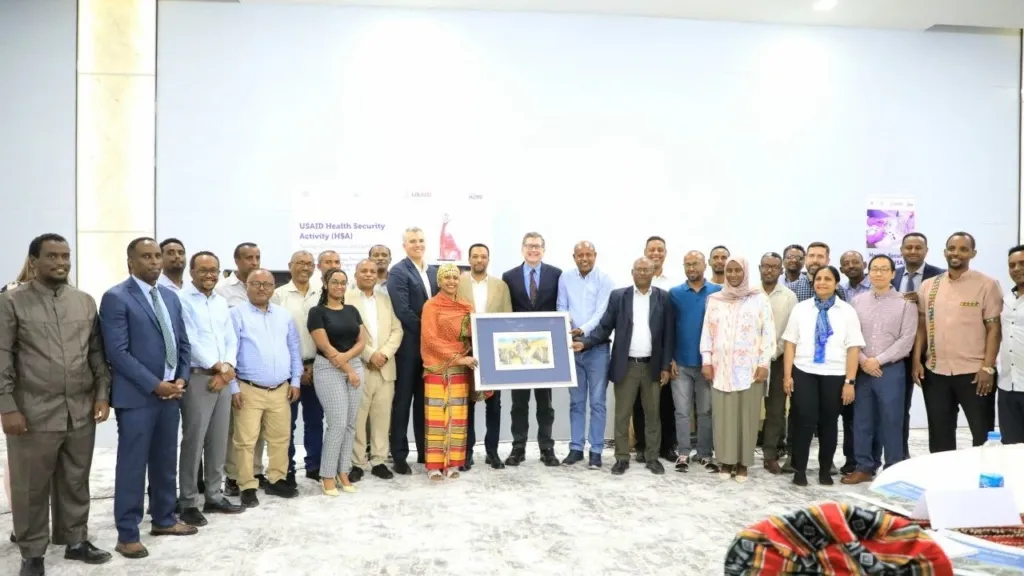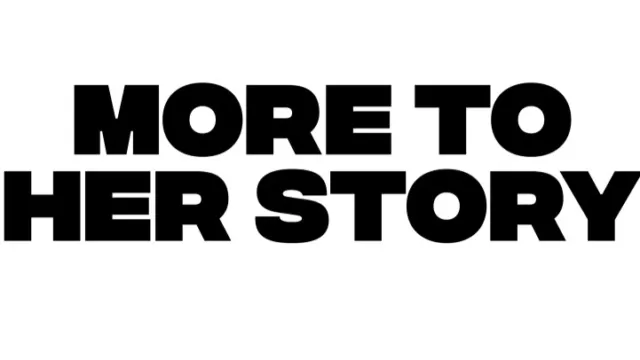What 2019 Taught Me About Project HOPE
Project HOPE’s President and CEO on a year of change, impact, and what it means to respond with no regrets.
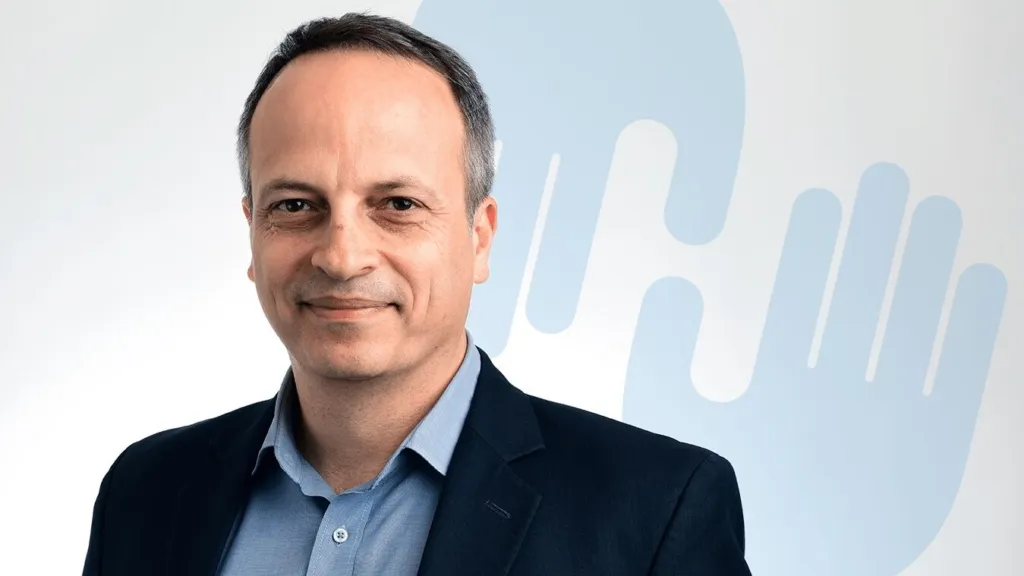
In many ways, 2019 was a year of great evolution and change — for me personally, but also for Project HOPE as an organization. There are many accomplishments from this year that I’m proud of — from equipping NICUs in the Dominican Republic, to supporting people living with HIV/AIDS in Ethiopia and Malawi, to responding to major hurricanes and disasters around the world.
But one of the things I’m proudest of is the team we’re building. Any leader is only as good as the people he or she surrounds themselves with. And one of the main changes I saw in our team this year was a hunger for Project HOPE to evolve as an organization. A hunger for our field programs to be recognized and acknowledged as the center of everything we do. Coming from the field myself, I remind myself of that every day. Our job is to support the folks in the field, because they are the heart of our mission.
I grew up in the field. I started in the field. The minute you lose touch with that, you lose who you are.
Read “Humanitarian Work Is Where My Heart Is”
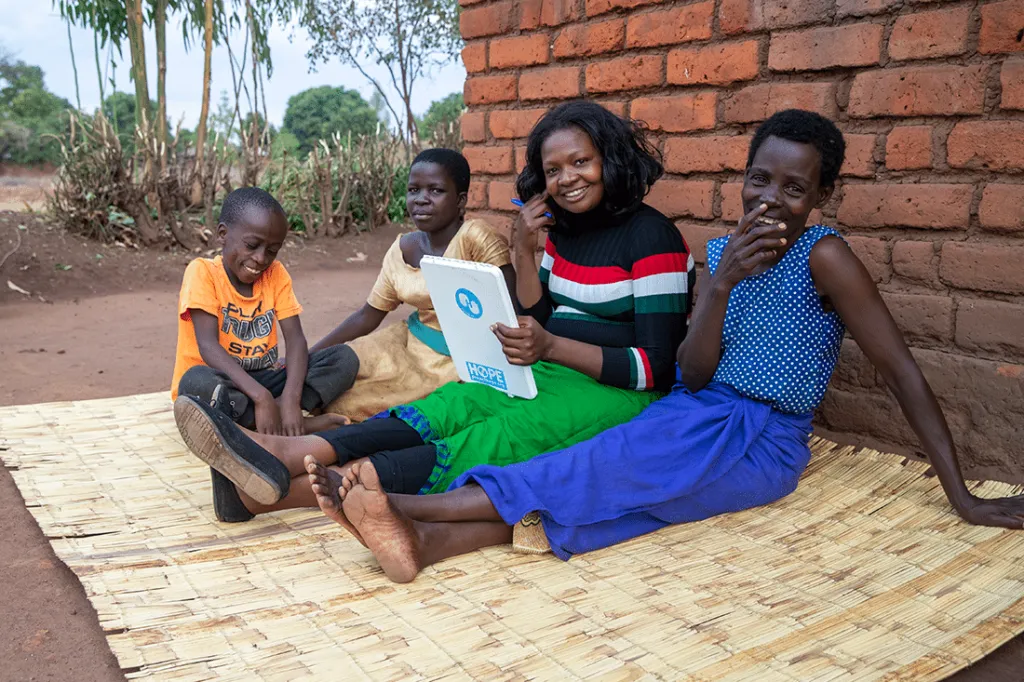
The power of ‘no regrets’
If you ask an EMT or an emergency room physician, they’ll tell you about the golden hour — the critical window after an accident when you can save lives. Our response to Hurricane Dorian in the Bahamas was a great example of this. We didn’t have a large team, or even a full logistics and personnel plan. But we knew we needed to go.
I believe a “no regrets” approach is critical to an organization like ours. There will always be things we don’t know, but when it falls to us to respond, it doesn’t matter: our job is to act first and correct our course as we go, holding always to a do-no-harm approach and the humanitarian principles we were founded on. That’s not a comfortable approach for many organizations — and it wasn’t an approach we were necessarily used to — but achieving that change in mentality across our teams has been crucial.
I was extremely proud of how our entire organization rallied around that response, from our support teams in headquarters to our team members on the ground in Abaco and Nassau. An emergency response is only sustainable if you can earn the buy-in and respect from local governments, and our commitment to partnering with local organizations and the Ministry of Health saved lives. We were one of few organizations allowed to treat patients in the wake of the storm, and later, when many organizations began to leave, the government asked us to stay. Today, we’re still there.
Read “Hurricane Dorian: What You Need to Know”
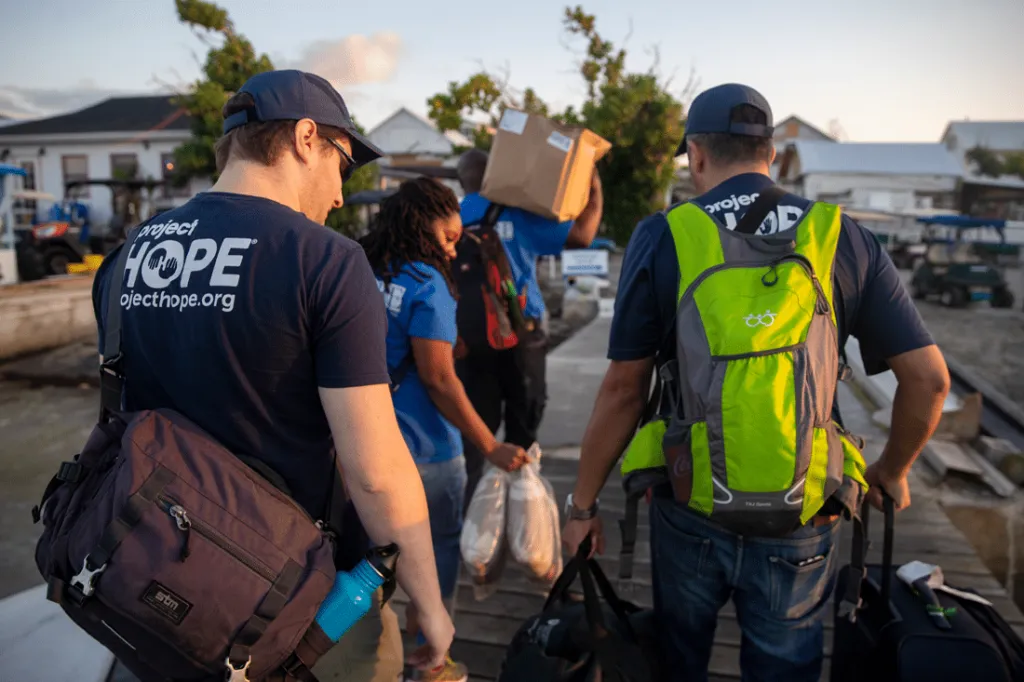
A crisis at the heart of our mission
Many of the world’s biggest health crises, including disasters like Hurricane Dorian, are interlinked. But at the heart of these problems is a bigger crisis: an extreme shortage of health workers worldwide. This falls to the heart of our mission.
“A stronger health system is good for everyone — host communities and arrivals.”
In Colombia, HOPE is doing amazing work supporting hospitals as they care for Venezuelan migrants crossing the border, particularly at-risk pregnant women, mothers and children. Our approach when responding to displacement has always been not to focus on a particular population, but to focus on need. As we were building this response, we discovered that many Colombians living near the border were not much better off than the Venezuelans arriving there. This is not unusual — you often see it in situations where refugees and migrants flee over a border in large numbers — but it gave us an opportunity to help strengthen the existing health system in Colombia and support health workers there with equipment, supplies, training, and additional human resources.
A stronger health system is good for everyone — host communities and migrants. It creates cohesion, eases tensions, and leaves a stronger health system behind when a crisis is over.
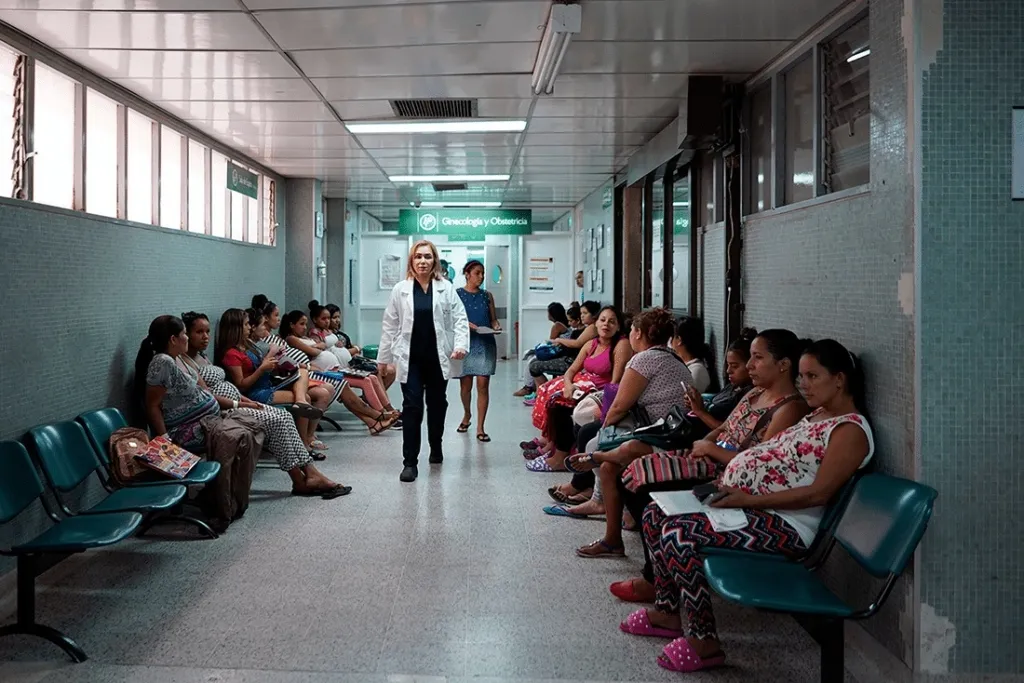
Human suffering that cannot be ignored
The importance of health workers became real for me when I was on the ground in Yemen, where I witnessed an incredible amount of suffering. The problems were all around: it was the height of a cholera outbreak, there were more than 1 million malnourished children, and fighting was ongoing. But one of the biggest problems was that hospitals had no equipment and there weren’t enough qualified staff.
It was clear we needed to create something to raise the profile of the Yemen crisis, even as Project HOPE works to establish a presence on the ground. That’s why we partnered with three organizations — MedGlobal, Pure Hands, and United Mission for Relief — to form the Humanitarian Alliance for Yemen and launch a coordinated response to this crisis. In the longer term, our plan is to establish a presence in Yemen focusing on strengthening the primary health care system, which has completely collapsed, and reducing maternal mortality by training health workers and giving them the tools they need to save lives. In the meantime, we will support these organizations as they send medical teams and supplies the people of Yemen desperately need.
Read “Crisis in Yemen: How to Help”
“Climate change is not a political issue: human lives are at stake, and we cannot afford to sit by and not do anything about it.”
As we head into 2020, I’m struck by how so many of these problems — hunger, conflict, disaster, and disease — are driven by climate change. Earlier this year, Health Affairs published a piece that estimated that about 5 million people will die this year from climate change. This is not a political issue: human lives are at stake, and we cannot afford to sit by and not do anything about it.
Every day, I see that commitment reflected in our team members and partners around the world. I think back to my trip earlier this year to the Dominican Republic, where I visited a NICU that Project HOPE helped refurbish. It was the only functioning NICU in the entire region, and inside there was an infant who had been abandoned. Her parents couldn’t care for her, so one of the nurse-midwifes decided to take her on, and then the other nurses joined in. That baby actually lives in the hospital — she’s about 6 months old, she’s beautiful and healthy, and she’s cared for by the nurses there. They take turns being her mom.
Those nurses have very little. They survive on minimum wage. They work as many as 12 hours a day and have their own families. But if you see that baby, the way they took care of her, you would see how it represents the best of humanity, and the best of health work. When they saw a need, they saved her.
Give with confidence.
Please make a compassionate gift today to help save lives around the world. Your support means more children and families can get the vital medicines and care they need now — and that health workers will have the training and support they need to save lives for years to come.


